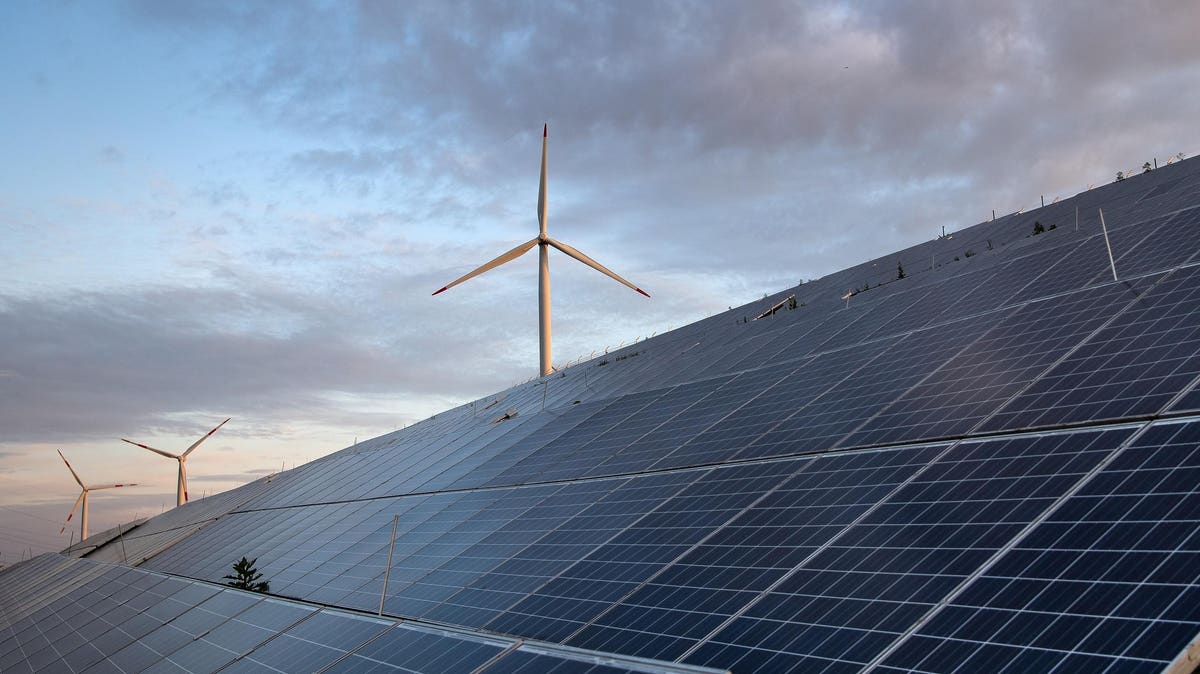Topline
Utility stocks keep spiraling, headlined by a more than 20% one-week share price drop from the most valuable firm by market capitalization, and the sector largely has one factor to thank: Rising interest rates.
Key Facts
The S&P 500’s utility sector tanked 5% on Monday, closing at its lowest level since June 2020, dipping another 1% in early Tuesday trading.
Captaining the losses was Florida-based renewable energy firm NextEra Energy, the largest utility company by market value at over $100 billion, which has crashed nearly 25% over the last week to near $50, its lowest ticker since March 2020.
NextEra’s crash came as numerous analysts slashed their outlook for the stock, including Wells Fargo’s Neil Kalton, who cut his price target 20% to a still-bullish $84, largely attributing the recent decline to a “challenging” macroeconomic situation.
Much of the recent macro headaches can be traced to rising rates, as utilities are among the most sensitive stocks to rate changes historically considering the sectors’ heavy reliance on debt financing to grow business.
It’s not just struggling bottom lines that scare investors away from the sector: Utility stocks typically offer high dividend payments, but as bond yields soar, individuals have another attractive option for income-generating investments.
And for NextEra, dividend-hungry investors have further fuel for concerns as its subsidiary NextEra Energy Partners slashed its dividend growth forecasts in half last week; Goldman Sachs analyst Carly Davenport explained Sunday the slide comes amid escalating worries that the far-larger NextEra Energy will “need to revise its own earnings growth guidance as a result” of its offshoot’s downward revision.
Big Number
20%. That’s how much the utility sector is down year-to-date, more than twice as steep of a drop as any of the S&P’s 10 other sectors and far underperforming the broader index’s 12% gain.
Surprising Fact
Yields for 10-year U.S. treasury notes climbed Tuesday to over 4.7%, their highest level since 2007 after tripling since the beginning of 2022, when the Federal Reserve began the ongoing rate-hiking cycle.
Contra
Analysts’ average price target for Next Era is $79.31, implying 35% upside, according to FactSet. Kalton said he remains “highly bullish [for] the long-term growth prospects for renewables” and Next Era’s “competitive” advantage domestically, adding, “As painful as the current period is, we believe [Next Era] will emerge in an even stronger position once the tide turns.”
Read the full article here












Leave a Reply